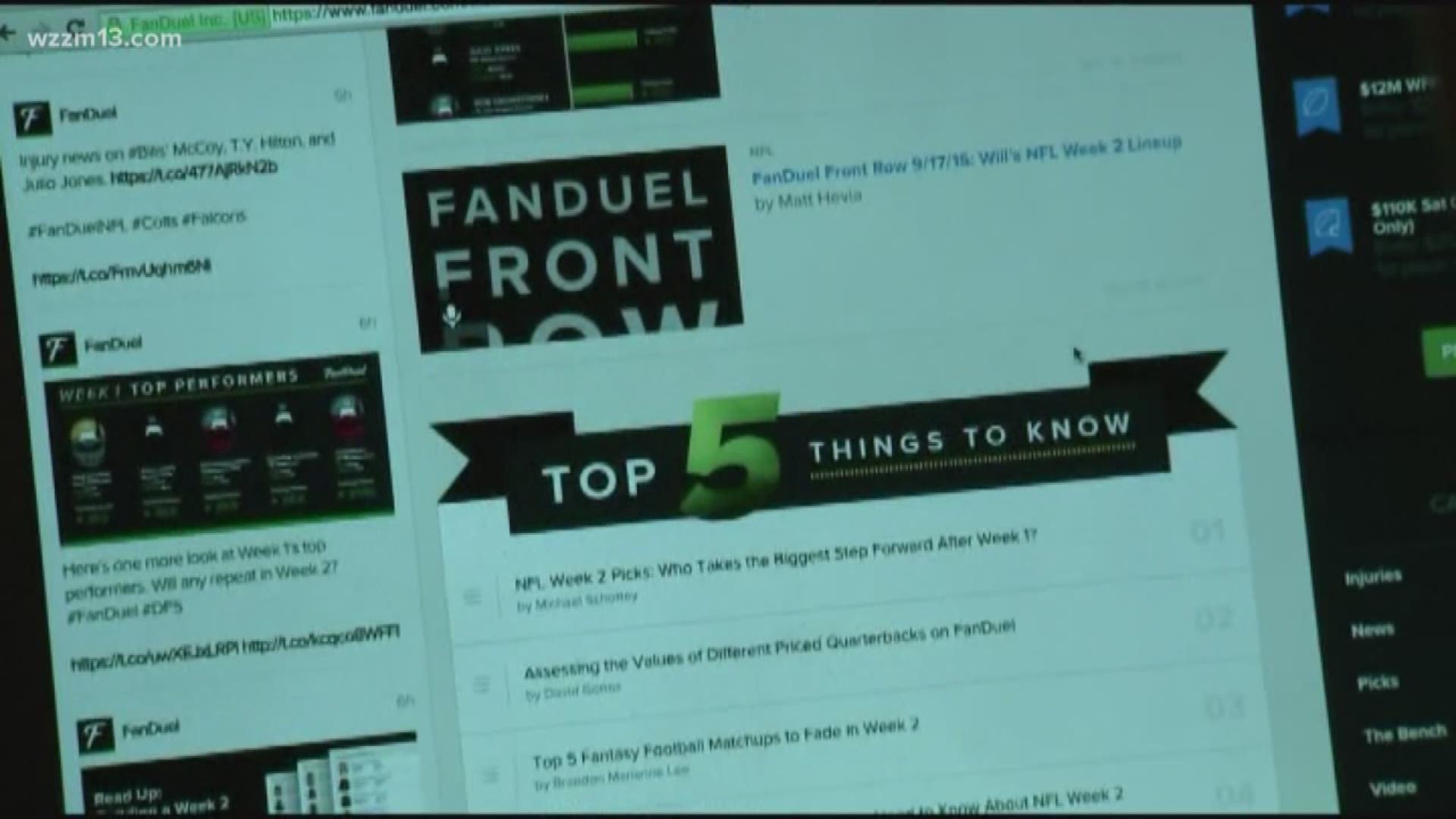Michiganders could legally gamble online under a bill that was one of the last ones to get a green light from the lame duck Legislature late Thursday night.
The bill would allow people at least 21-years-old to register with one of Michigan’s three casinos in Detroit and 23 tribal casinos across the state and gamble from their websites. Some have estimated that online gambling on things like poker could bring in millions in revenues.
There would be an 8 percent tax associated with the online gambling with at least 30 percent of those revenues generated in Detroit going to the city of Detroit; 5 percent each to the state school aid and transportation funds and to the horse racing industry. The balance of the tax revenues generated from the Detroit casinos would go to the Michigan Internet Gaming Fund to administer the new program.
Of the revenues generated from the tribal casinos, 25% goes to Michigan Strategic Fund and 75 percent goes to the state's gaming fund. At least $1 million a year also has to go into gambling addiction treatment and prevention programs.
The three Detroit casinos paid the City of Detroit $177.4 million in wagering taxes and development agreement payments during 2017. There was a fear that online gambling would keep people away from the casinos in Detroit and lead to a reduction in tax revenues for the city. But the amended version of the bills ensured that the city will receive at least $179 million a year in tax revenues from on-site and online gambling.
The internet gambling bill is the first step toward also legalizing betting on professional sports in Michigan, said bill sponsor state Rep. Brandt Iden, R-Kalamazoo.
The main bill — HB 4926 — comes as the U.S. Supreme Court paved the way for legalized sports betting across the nation. The justices ruled 7-2 in May that a 25-year-old federal law that has effectively prohibited sports betting outside Nevada is unconstitutional. The ruling could set the stage for other states to expand legalized gambling as a source of government revenue.
Other bills in the package — all of which passed with wide, bi-partisan majorities - would create a state Division of Internet Gaming and establishes penalties for violations of the act. Another bill would regulate fantasy sports contests. Under the bill — HB 6420 — a person couldn't offer fantasy sports contests unless they were licensed by the state.
The bills received final passage in the House of Representatives early Friday morning and now head to Gov. Rick Snyder to either sign or veto.

